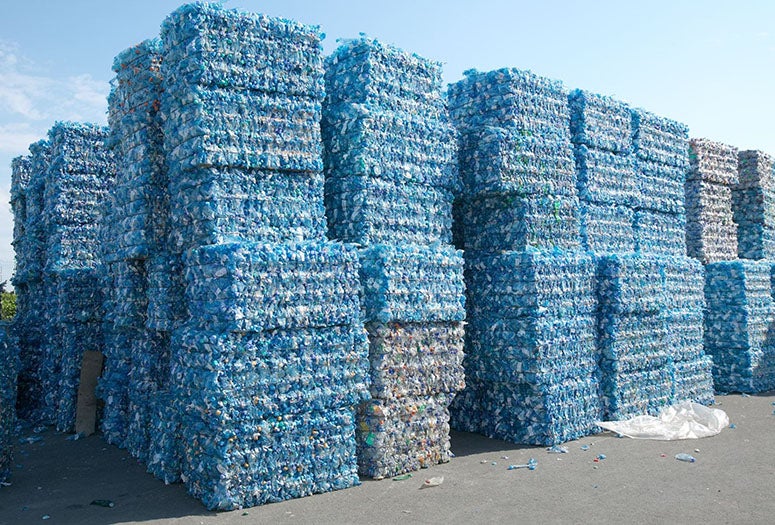HOUSTON – (Jan. 27, 2020) – The Chinese government has announced it plans to address the world's growing plastic waste problem by phasing out single-use plastics by 2025. But such a ban is premature and “puts the cart before the horse,” according to an expert at Rice University’s Baker Institute for Public Policy.
Rachel Meidl, the Baker Institute’s fellow in energy and environment, is available to discuss this development and its implications.
“A fundamental problem of the escalating plastic waste dilemma is that our society is approaching it as a product-based solution, rather than a system-based solution,” Meidl wrote in a Forbes contributor post. “Simply banning a product and encouraging the use of understudied alternative products that have unintended and, in many cases, unquantified environmental, social and economic impacts throughout (their) life cycle is not enough.
“Banning will not prevent plastic waste or plastic alternatives from migrating to the ecosystem if there is no mechanism for it to be collected in the first place. In China’s situation, as is the case in most developing nations, waste collection is a fundamental first step before any other complex system is created.
“We live in a global economy, so China’s ban may have reverberating consequences if it fails to create a system that is multidimensional, transparent and takes into account the global enterprise,” she wrote. “For a ban to be effective, infrastructure like a comprehensive recycling program is needed, one that incorporates mechanical and chemical recycling technologies, and public awareness campaigns to ensure consumers are well informed.”
Meidl, who joined the Baker Institute in 2018, is a former deputy associate administrator at the U.S. Department of Transportation’s Pipeline and Hazardous Materials Safety Administration. Prior to her role in federal government, she was the director of regulatory and technical affairs at the American Chemistry Council, where she advanced a broad range of regulatory and policy issues involving enforcement, compliance, investigations and litigation.
A radio and television studio is available at the Baker Institute for media outlets that want to schedule an interview with Meidl. For more information, contact Jeff Falk, director of national media relations at Rice, at jfalk@rice.edu or 713-348-6775.
-30-
Related materials:
Meidl bio: www.bakerinstitute.org/experts/rachel-a-meidl
Follow the Baker Institute Center for Energy Studies via Twitter @CES_Baker_Inst.
Follow the Baker Institute via Twitter @BakerInstitute.
Follow Rice News and Media Relations via Twitter @RiceUNews.
Founded in 1993, Rice University’s Baker Institute ranks among the top three university-affiliated think tanks in the world. As a premier nonpartisan think tank, the institute conducts research on domestic and foreign policy issues with the goal of bridging the gap between the theory and practice of public policy. The institute’s strong track record of achievement reflects the work of its endowed fellows, Rice University faculty scholars and staff, coupled with its outreach to the Rice student body through fellow-taught classes — including a public policy course — and student leadership and internship programs. Learn more about the institute at www.bakerinstitute.org or on the institute’s blog, http://blog.bakerinstitute.org.

